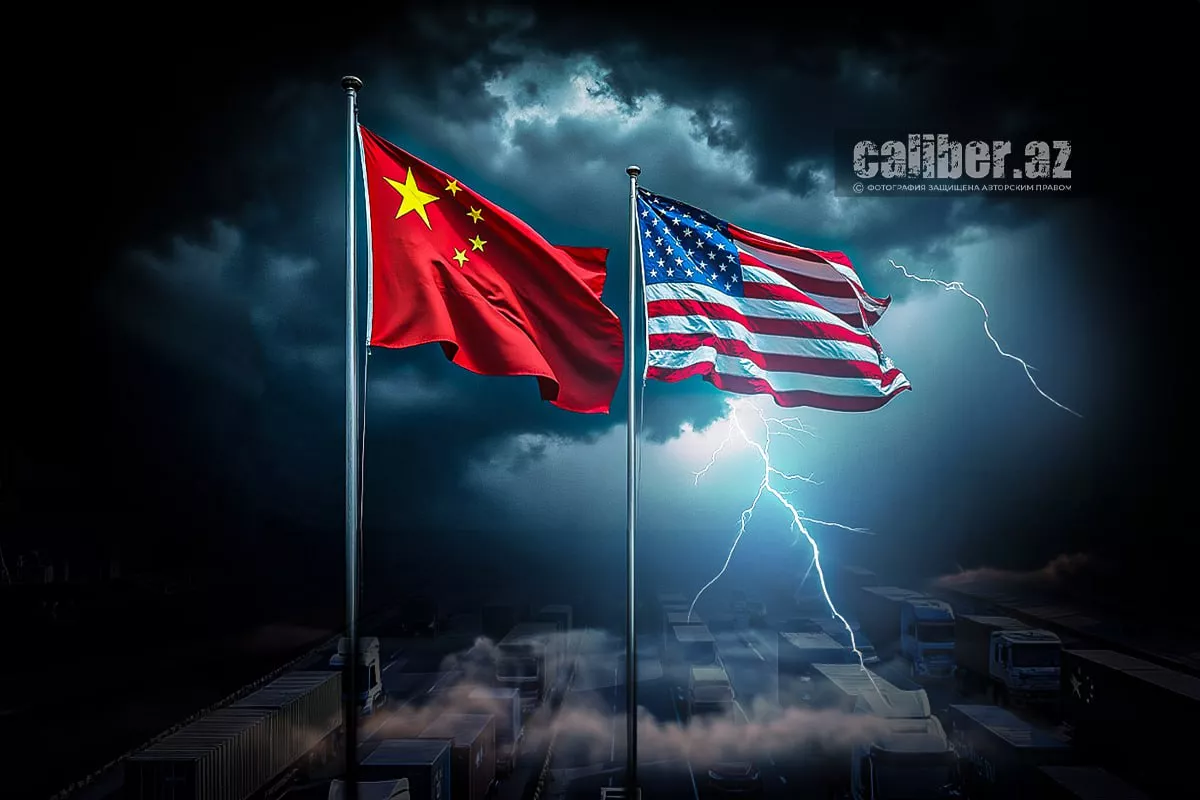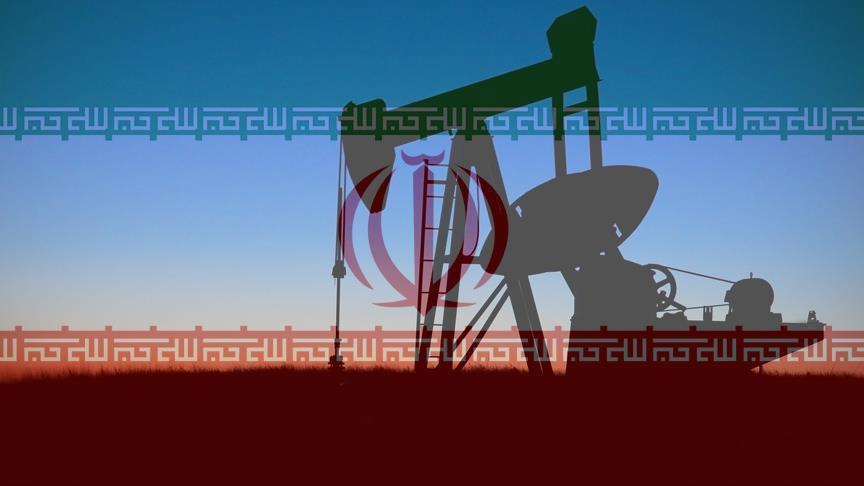Iran-Israel war: A proxy for the US-China confrontation? A snapshot of opinions from the analytical community
Information widely circulated by the British publication The Telegraph that, simultaneously with the start of Israel’s military actions against Iran, “mystery” cargo planes from China began landing in the Islamic Republic of Iran (three such flights were recorded over three days), has once again led to an almost unanimous conviction within the global analytical community about a geopolitical confrontation in the Middle East not so much between the directly warring countries, but rather between Washington and Beijing.
In other words, a significant number of experts are convinced that behind the facade of the military conflict between Israel and Iran, the interests of the US and China are actually at play. In this context, the information about the cargo planes emerged — which, it is noted, took off from various regions of China and, crossing Kazakhstan, Uzbekistan, and Turkmenistan, suddenly disappeared from radar screens as they approached Iranian territory. At the same time, it is recorded that although the final destination of the flights appeared as Luxembourg, the airliners did not reach Europe.
Overall, from the perspective outlined above, there is nothing surprising in the assessment of the ongoing events, since for a long time now any confrontation—whether on the political or economic world stage—has been viewed through the prism of US-China geostrategic competition. This was also the case during the military clash initiated by India against Pakistan, which once again confirmed how the now popular saying “Cherchez la femme” (“Look for the woman”) has geopolitically been replaced by “Look for the US and China.”

Specifically, no concrete evidence has yet been provided regarding China’s direct involvement in the Iran-Israel military confrontation, although open sources reporting on China’s use of “mysterious” Boeing 747 flights towards Iran— “which are commonly used for transporting military equipment and weapons,”—are indirectly (or perhaps directly?) attempting to introduce to the global community the notion of alleged clear military support by Beijing to Tehran.
In this scenario, it once again becomes clear that for interested external parties, what matters most is not 100-per-cent proof of any fact, but rather the mere dissemination of information they need. And so it goes. The global media immediately recalled that back in 2021, Iran and China signed a 25-year cooperation plan, according to which Beijing pledged investments of $400 billion in the Iranian economy. In turn, the Islamic Republic of Iran was to ensure oil supplies to China (it is now claimed that Iran exports up to 2 million barrels per day to China).
On the other hand, some media outlets find it relevant to highlight that Israel’s lightning-fast attack on Iran began precisely following the recent opening, in late May, of a new overland route between China and Iran for transporting Iranian “black gold.” This refers to a railway route that is estimated to reduce delivery time to two weeks, which is significantly more advantageous compared to nearly 40 days by sea transport.
The subtlety here is that the use of the dry port Aprin (located in the Eslamshahr province near Tehran) for this purpose demonstrates its serious geopolitical significance, as it lies “within” the East–West and North–South railway corridors. Moreover, specialists note that the opening of Aprin port coincided with the launch of the China–Iran–Europe rail route (from Aprin through Turkmenistan to China), in the context of which, some analysts believe, the Islamic Republic will be able to circumvent the US sanctions imposed on it with minimal disruption.
In this light, they refer, for example, to the fact that only at the end of March 2025, Washington imposed restrictions on 13 companies and 8 vessels accused of illegally transporting Iranian oil to China.

In May 2025, the Free Trade Agreement between the member states of the Eurasian Economic Union (EAEU) and Iran came into effect. It is projected that, in the medium term, this agreement will boost trade turnover between the EAEU and Iran to as much as $12 billion.
Meanwhile, a distinctive pattern characterises the relationship between China and Iran. On the very day of Israel’s attack on Iran, the Chinese Ministry of Foreign Affairs urged all parties to refrain from actions that might escalate the crisis, while simultaneously expressing Beijing’s willingness to play a constructive role in resolving the situation. Subsequently, on June 14, China’s Foreign Minister Wang Yi, during a telephone conversation with his Iranian counterpart Abbas Araghchi, unequivocally condemned Israel’s violation of Iran’s “sovereignty, security, and territorial integrity” and voiced support for Tehran in safeguarding its legitimate rights and interests, as well as the lives and security of its people.
As Wang Yi emphasized, Israel’s actions “constitute a serious violation of the purposes and principles of the UN Charter and fundamental norms of international relations, and the Israeli strikes on Iran’s nuclear facilities have created a dangerous precedent with potentially catastrophic consequences.”
During the recently concluded 2nd China–Central Asia Summit in Astana, Chinese President Xi Jinping also stated that Beijing opposes any actions that threaten the sovereignty, security, and territorial integrity of countries.
This position of China is noted against the backdrop of, as researchers point out, China acquiring about 90% of Iranian oil, the revenue from which accounts for approximately 20% of Iran’s budget.








